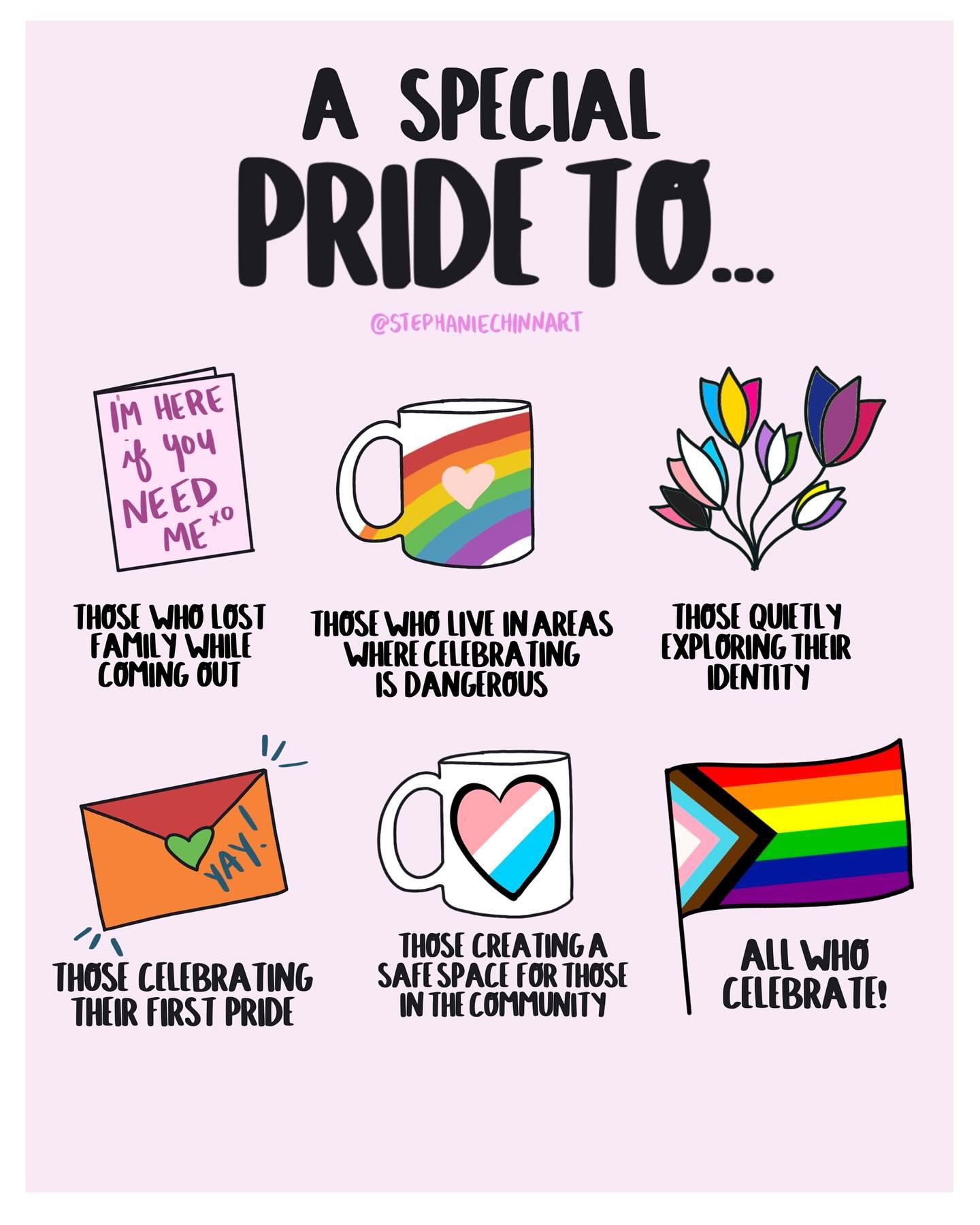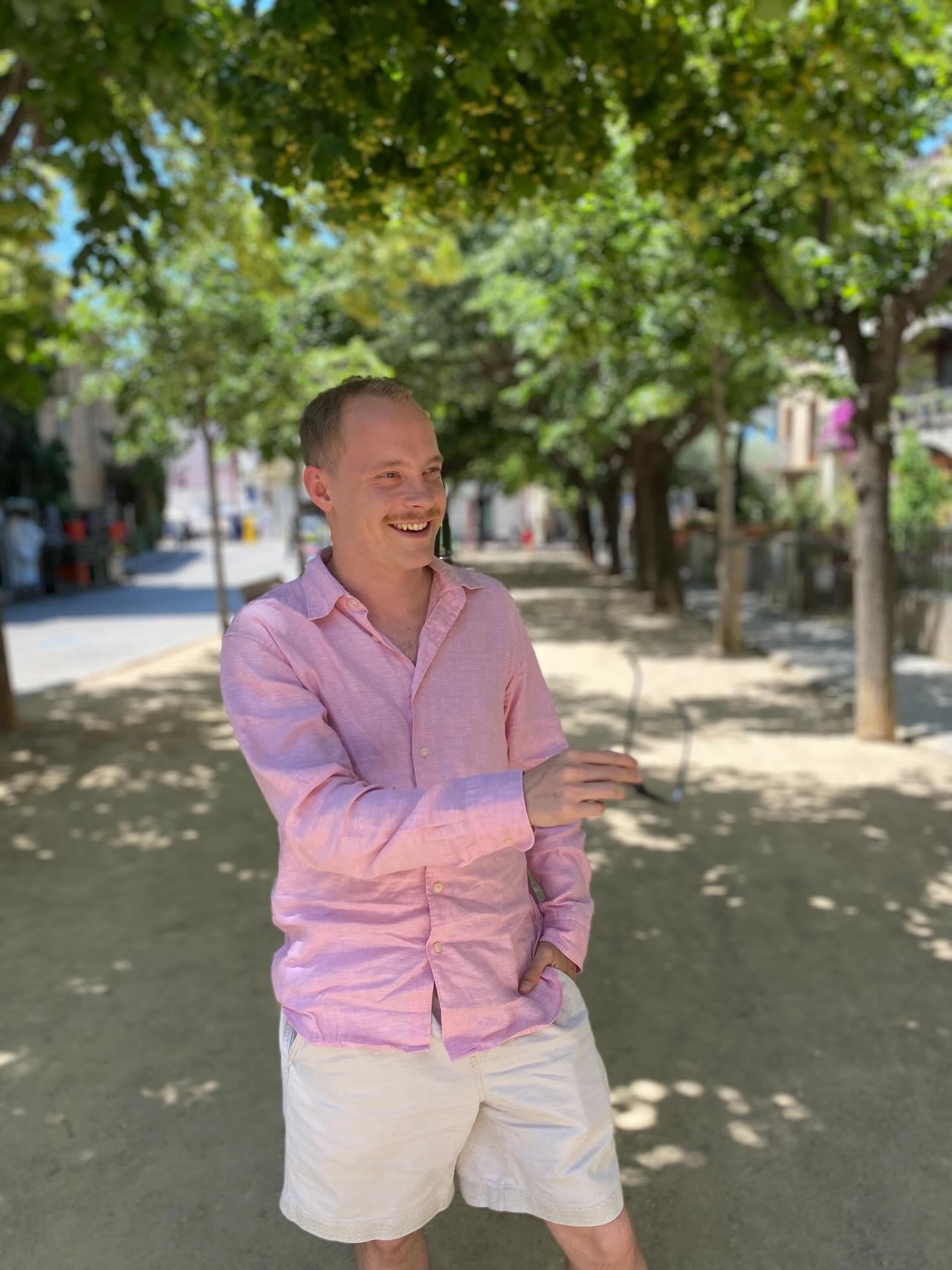**(A short story exploring themes of identity, validation, and the anxieties surrounding visibility)**

The rain hammered against the windows of Leo’s tiny apartment, mirroring the frantic drumming in his chest. It was June 1st – Pride Month. He’d meticulously crafted his Instagram feed, a vibrant collage of rainbow flags, affirming slogans, and carefully curated images of himself (mostly blurry selfies taken in dimly lit corners). But the likes were slow to come. The comments were sparse, often punctuated with awkward, vaguely supportive emojis.

He scrolled through the deluge of perfectly posed influencers, each louder, bolder than the last, celebrating their “Pride” with dazzling displays of solidarity. Leo felt a pang of something akin to shame. Was he doing it wrong? Was his quiet observance, his hesitant sharing of his identity, somehow a betrayal?

He remembered the initial spark – a simple desire for validation, a yearning to connect with others who understood. But now, surrounded by such overt displays of pride, he felt increasingly isolated. He’d seen the vitriol directed at LGBTQ+ individuals, the dismissals, the accusations of “performative activism.” The thought of exposing himself further, of amplifying his visibility, filled him with a strange anxiety.
He recalled a particularly barbed comment he’d seen on a Pride-related post: “Just trying to get attention, aren’t you?” The words burrowed into his mind, a persistent whisper questioning the sincerity of his efforts.
He looked at his phone, the screen reflecting his own hesitant face. He deleted a post – a simple image of a rainbow flag – and felt a momentary surge of relief. It wasn’t that he didn’t *want* to be seen. It was the fear of being *misunderstood*, of having his quiet joy reduced to a spectacle, of experiencing the judgment he’d witnessed directed at others.
Suddenly, a notification popped up – a direct message from someone he’d hesitantly followed a week ago. It was a simple message: “Happy Pride, Leo. It’s okay to celebrate your truth, whatever that looks like.”
He reread the message several times, a small, unexpected warmth spreading through him. Perhaps “pride” wasn’t about grand gestures or manufactured visibility. Maybe it was simply about a quiet, persistent act of self-acceptance – a fragile, hopeful flame flickering in the rain. He took a deep breath, and posted a single, unedited photo – a close-up of a rainwater droplet clinging to a flag. It wasn’t flashy. It wasn’t a statement. But it was, undeniably, *him*.



